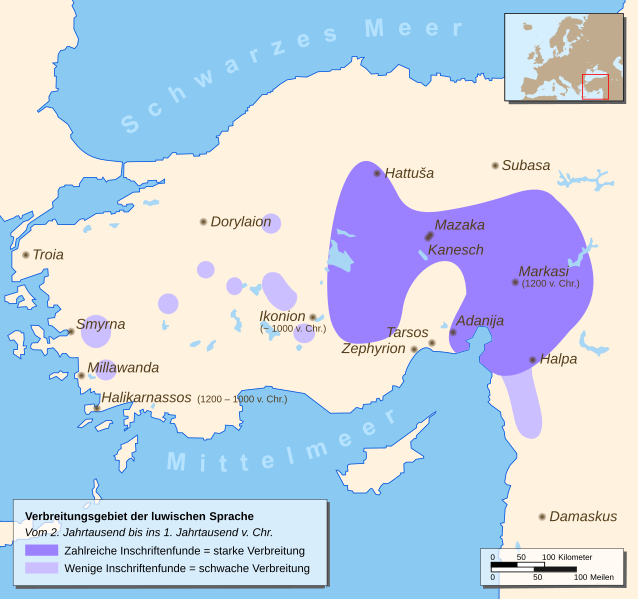All archaeogenetics and no archaeology makes people go mad. So let's spice this a bit with this absolutely enticing video of a conference by Dr. Eberhard Zangger, which I have watched thrice already, twice tonight alone.
I love the general outline of the exposition even if I know some details, like the outline of Lower Troy are controversial.
I also did pose the following questions as commentary to the video:
- How can the professor be so sure that all ancient Western Anatolian nations were Luwian and not from other diverse ethnicities? How that they were the only ones in the last Sea Peoples' wave? Just the same we see some non-Greeks in the Greek side of the Trojan war, I would expect some non-Luwians in the Trojan side as well, assuming the Trojans were Luwians and not Tyrsenians or something else.
- What about the Phrygians who show up in Anatolia, West and East (Armenians) after the Bronze Age collapse, out of nothing (they seem to originate in an obscure Paeonian tribe, the Bryges)? Not a single mention of them: I guess they would blurr the nice "Luwian" homogeneity.
- What about the Greeks (Danaoi, Denesh) and their Pelasgian (Peleset, Philistine) neighbors and often allies (Achilles himself and his Myrmidons were that)? They seem also involved in that late Sea Peoples wave and there is coincidence of cultural Hellenization (and not Luwianization) of Cyprus precisely in that period of the late Sea Peoples' attacks against Syria, Egypt and whatever else. Let's not forget that the Egyptians speak of the foreign peoples making a COALITION in their "islands", and I would say that this coalition involved peoples from all the Aegean, and not just the Asian side of it (although very good point about Evans' racism and his horrible influence on Aegean studies).
But please don't let my nit-pickiness wrong what I think is a great conference dealing with a topic that has been way too neglected and even purposely ignored. There is a lot of good stuff in the video.
By the way, this is the Wikipedia map of Luwian inscriptions (unsure of what exactly the German legend says, "early" and "late" maybe?, but it's definitely about Luwian inscriptions):
 |
| Credit: Hendrik Tammen (CC-license) |















